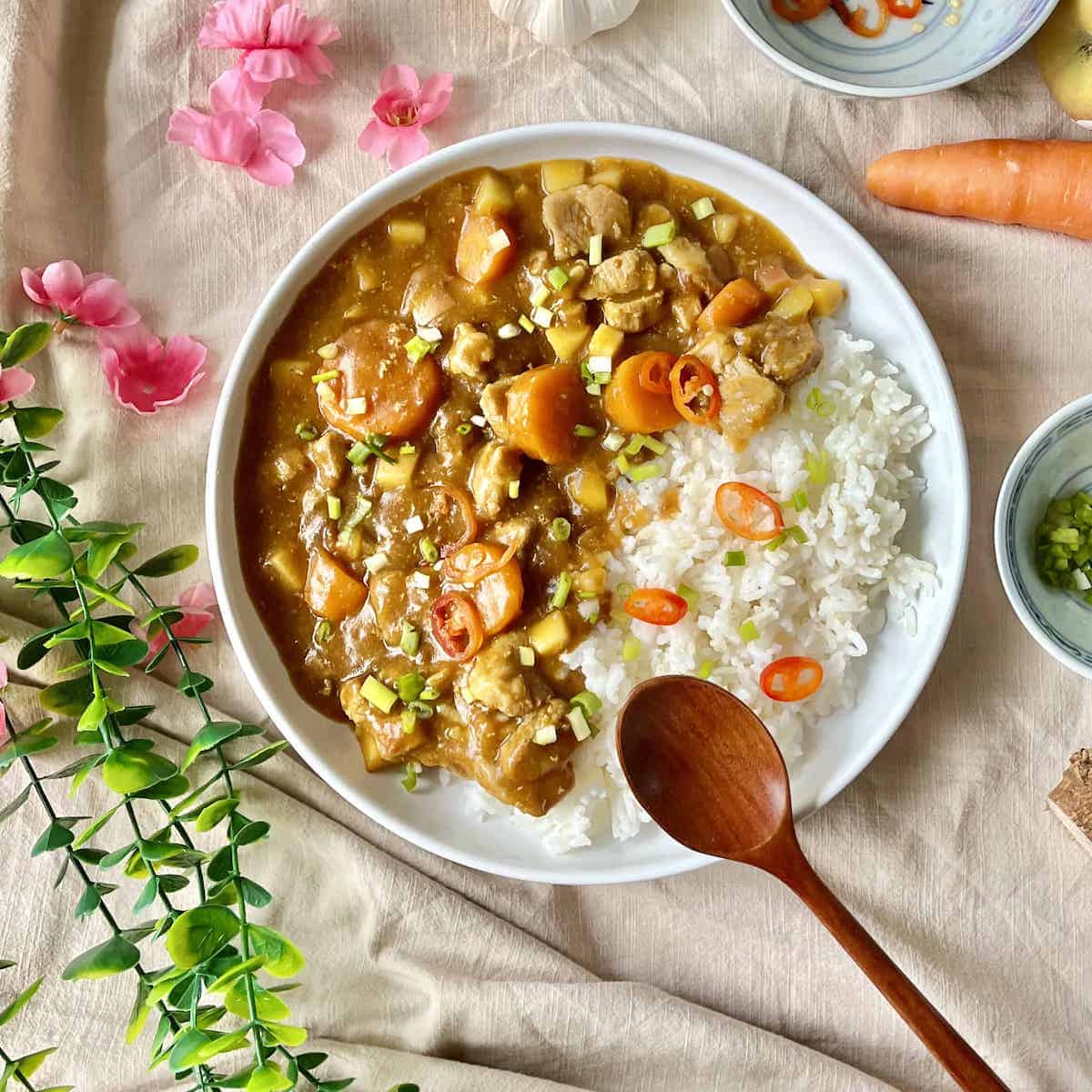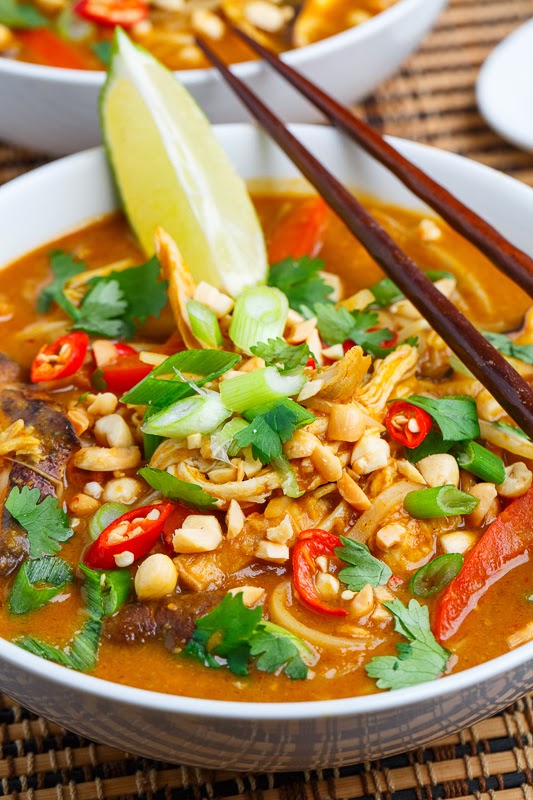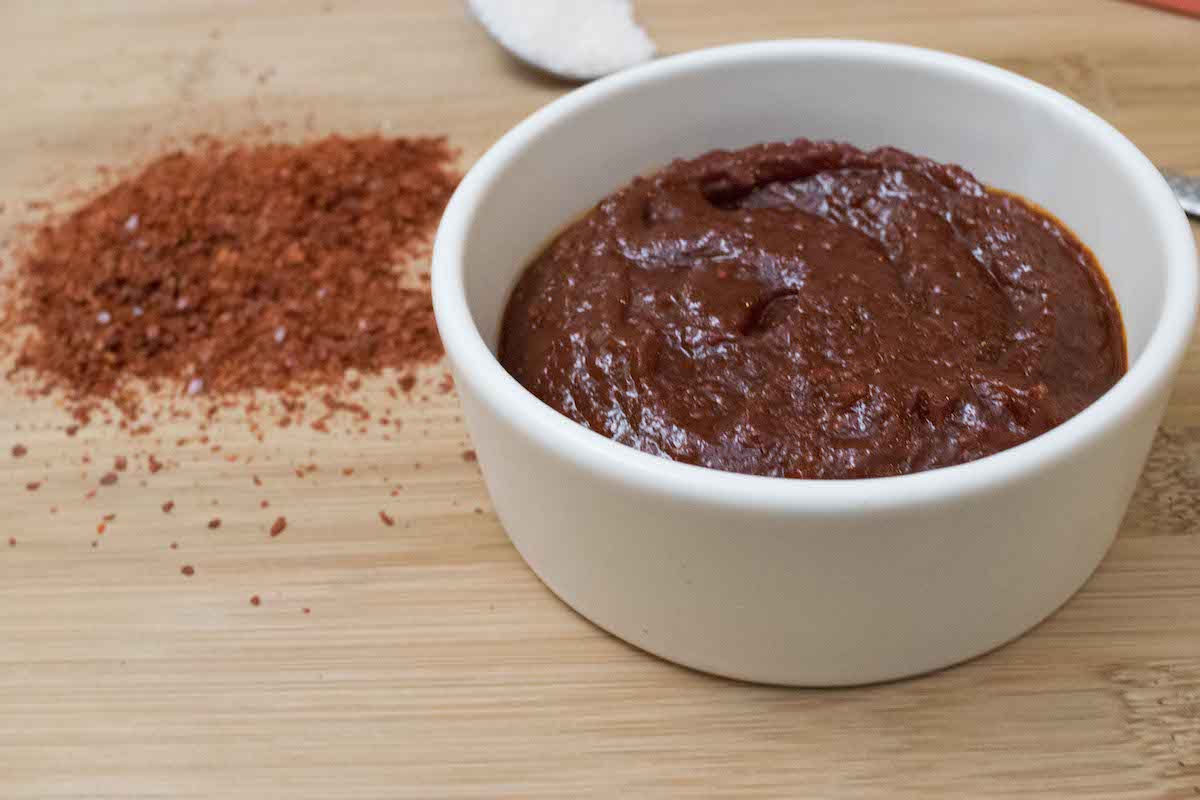Looking for a fast, comforting Japanese meal that feels homemade? Use 23 golden curry blocks with 2 cups of water, and youll have a velvety, aromatic curry ready in about 2030 minutes. Below youll find the exact ratios, stepbystep instructions, handy variations, and even a quick nutrition snapshot all the stuff you need to make the perfect golden curry cubes recipe without any guesswork.
Essential Prep Ingredients
How many golden curry blocks should I use?
The classic S&B Golden Curry pack comes in 7gram blocks. For a standard 2serving portion, 2 blocks work great; for 4 servings, bump it up to 3 blocks. The table below gives you a quick reference.
| Servings | Blocks Needed | Water (cups) | Resulting Thickness |
|---|---|---|---|
| 2 | 2 | 2 | Mediumthick, perfect for rice |
| 4 | 3 | 2 | Mediumthick, ideal for sharing |
| 6 | 4 | 3 | Thicker, great for hearty bowls |
Core pantry staples
Besides the golden curry cubes themselves, youll need:
- Protein chicken thighs, beef strips, pork, tofu, or shrimp (your pick)
- Vegetables onions, carrots, potatoes, bell peppers, or any veg you love
- Seasonings soy sauce, mirin, a splash of sake (optional), and a pinch of salt
- Optional secret boosters: grated apple, a knob of butter, or a drizzle of honey for that extra depth
Tools that make life easier
A heavybottomed pot prevents the roux from sticking, a whisk helps dissolve the blocks smoothly, and a good measuring cup ensures you hit the right watertoblock ratio every time.
Classic Curry Steps
Quick 5step overview
Think of it as a mini road trip: prep, sauté, boil, melt, and simmer. If you follow these landmarks, youll never get lost.
Stepbystep instructions
Step 1 Prep your ingredients
Cut protein into bitesize pieces and season lightly with salt and pepper. Peel and dice carrots and potatoes into uniform chunks; slice onions thinly. The uniform size helps everything cook evenly.
Step 2 Sauté aromatics
Heat a tablespoon of oil in your pot over medium heat. Toss in the onions and cook until they turn translucent and start to caramelize this is where the flavor foundation builds. Add garlic and ginger (if you like) and stir for another 30 seconds.
Step 3 Add water and bring to a boil
Pour in the measured water (2 cups for the standard recipe) and bring it to a gentle boil. This is also the moment to add your tougher vegetables like carrots and potatoes, letting them soften for 57 minutes.
Step 4 Break and dissolve the golden curry cubes
Reduce the heat to a low simmer. Break the S&B golden curry blocks into smaller pieces and sprinkle them over the hot broth. Whisk continuously this prevents clumping and gives you that silky texture. If youre using a packaged mix, make sure your water is at a rolling boil before adding the cubes to ensure any hidden microbes are eliminated; for official foodsafety guidance, check the FDA food safety resources.
Step 5 Simmer, finish, and serve
Let the curry simmer for about 10 minutes, stirring occasionally. At this point, add your protein (precooked chicken, tofu, etc.) and any secret boosters a grated apple for sweet undertones or a knob of butter for shine. Taste and adjust with soy sauce or a pinch of extra salt if needed. Serve hot over steamed rice, udon noodles, or even crisp lettuce leaves for a lowcarb twist.
Realworld anecdote
The first time I tried the recipe with just 2 blocks, the sauce turned out a bit watery. I remembered the extrablock tip from a friend and added a third block; the result was a lusciously thick curry that clung to each grain of rice like a warm hug.
Flavor Variations & Options
Protein swaps
You can easily tailor the dish to whats in your fridge:
- Chicken: Follow the s&b golden curry recipe chicken guidelines brown the thighs first for extra flavor.
- Beef or pork: Slice thinly and sear quickly; these meats benefit from a longer simmer to break down connective tissue.
- Tofu: Press and cube firm tofu, then fry lightly for a crisp exterior before adding.
- Shrimp: Add during the last 3 minutes of simmering to avoid overcooking.
Vegfocused twists
Boost the veggie factor by tossing in zucchini, eggplant, or mushrooms. For a lowcarb version, swap the potatoes for cauliflower florets they absorb the curry sauce just as well.
Healthconscious tweaks
If sodium is a concern, use only 2 blocks and supplement the sauce with a homemade lowsalt roux (flour + butter) plus a splash of tamari. Pair the curry with brown rice or cauliflower rice for extra fiber.
Pro tips from Japanese kitchens
Adding a small amount of butter at the end creates a glossy finish, a technique praised by many Japanese home cooks. A touch of grated apple also adds subtle sweetness, balancing the curry's savory depth a trick youll find in several traditional recipes.
Troubleshooting Common Issues
Too thin or too thick?
If your curry feels watery, increase the block count by half a block or let it simmer uncovered to reduce. Conversely, if its too thick, whisk in a little extra hot water, a splash of broth, or a dash of milk.
Grainy texture
Blocks that dont melt properly cause that dreaded graininess. The secret? Break them into smaller pieces before adding, and whisk continuously over low heat. Avoid boiling the roux directly; a gentle simmer is key.
Flat flavor
Sometimes the curry can taste onedimensional. Boost umami with a dash of soy sauce, a pinch of miso, or a sprinkle of dried shiitake powder. Let the curry rest off the heat for a couple of minutes the flavors meld beautifully during this rest period.
Nutrition Snapshot & Storage
Quick nutrition facts (per serving, 4serving recipe)
| Calories | Protein | Carbs | Fat |
|---|---|---|---|
| 350 kcal | 18 g | 45 g | 9 g |
These numbers are approximate; for a detailed breakdown, you can refer to official foodsafety and nutrition guidance like the resources from the USDA.
Safe storage & reheating
Cool the curry quickly, then store in an airtight container. It keeps in the fridge for up to three days and freezes well for up to a month. When reheating, do it gently over low heat, adding a splash of water if the sauce has thickened too much.
Reading the label
The standard S&B Golden Curry block contains wheat flour, so it isnt glutenfree. If you have sensitivities, look for the GlutenFree line or create a homemade roux using rice flour.
Sources & Further Reading
Authoritative references
Weve drawn from the original S&B instructions, communitytested tips from cooking forums, and foodsafety guidelines from reputable government agencies. The blend of these sources helps ensure the advice is both accurate and practical.
Suggested nextstep recipes
If you love the result, try pairing the curry with crispy chicken katsu for a classic katsucurry combo, or explore a vegan version using only tofu and a mix of seasonal vegetables. Either way, the golden curry cubes recipe is a versatile foundation for countless Japanese comfort dishes.
Now that you have the full roadmap, why not dive in and whisk up a pot of aromatic curry tonight? Feel free to experiment with the suggested variations, and share your own twists with friends or family cooking is always better when its a shared adventure.
FAQs
How many golden curry cubes should I use for 2 servings?
Use 2 blocks (7 g each) with 2 cups of water for a medium‑thick sauce that pairs perfectly with rice.
Can I substitute the protein in this recipe?
Yes! Chicken, beef, pork, tofu, or shrimp all work well—just adjust cooking time for the protein you choose.
What can I add to make the curry richer?
Mix in a grated apple, a knob of butter, or a drizzle of honey right before serving for extra depth and shine.
How do I fix a curry that’s too thin?
Increase the block count by half a block or simmer uncovered for a few minutes to reduce the liquid.
Is this golden curry cubes recipe gluten‑free?
The standard S&B blocks contain wheat flour, so it isn’t gluten‑free. Look for a gluten‑free line or make a roux with rice flour.













